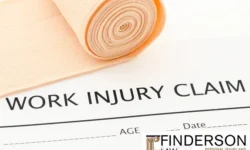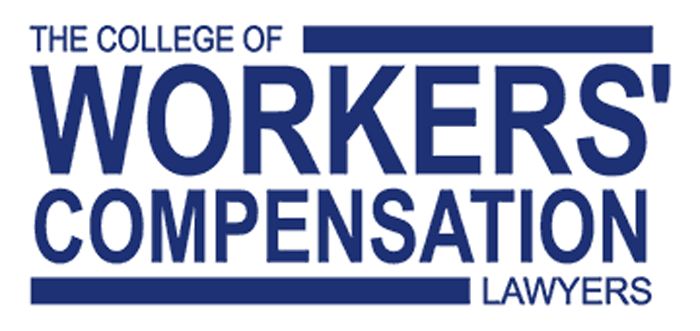
How to receive workers’ comp for injuries caused by defective equipment
When employees are injured at work due to faulty equipment, it’s only natural to wonder where to turn for help. In such circumstances, an injured worker’s employer may be held liable for such injuries—and possibly the manufacturer of the defective machinery or equipment.
According to the U.S. Department of Labor, each year there are almost 3 million occupational injuries and fatalities. The Occupational Safety and Health Administration (OSHA) is responsible for ensuring safety regulations are enforced, including proper equipment and machinery.
Although OSHA guidelines related to the inspection and maintenance of equipment in the workplace are typically adhered to by employers, when maintenance schedules and safety regulations are disregarded, malfunctions may occur and lead to injuries.
Under Indiana workers’ compensation laws, injured workers may be able to receive compensation for losses associated with such injuries. For best results, be sure to consult with an experienced workers’ comp attorney.
Determining liability for faulty equipment injuries
Employees who are seriously injured in the workplace due to an equipment defect or malfunction may be able to sue a third party, such as the manufacturer of the equipment, in addition to receiving workers’ compensation benefits from their employer.
The first step is determining liability. This isn’t always simple in the case of faulty equipment cases. Initially, a determination regarding why the equipment experienced a malfunction must be made. In some cases, equipment breaks down due to simple wear and tear.
Employers are usually responsible in such cases, as it’s the responsibility of the employer to ensure equipment is maintained and inspected. Failure to do so could indicate negligence on the part of the employer.
In other cases, the equipment may be faulty. When equipment breaks down or malfunctions even when it has been properly maintained and inspected, it could be due to a faulty part or design. The manufacturer may be held liable in such cases.
Injured employees should be aware that they may also have some liability. For instance, employees are responsible for reporting faulty equipment in the workplace. If an employee knows that equipment is not working as it should and the employee continues to use the equipment, the employee may also be held liable.
Due to the complex nature of faulty equipment injuries in the workplace, it’s important to seek legal advice. It’s not uncommon for more than 1 party to be held liable in such cases. For instance, both the manufacturer as well as the employer may hold liability.
Ultimately, the most important question is:
What was the cause of the accident?
It’s necessary to determine whether the negligence of any party played a role in the accident.
Although injured workers in Indiana have the option to file a lawsuit, it’s important to understand that it can be difficult to justify such a lawsuit. Injured workers will need to prove that their employer played a role in the cause of the accident.
Ultimately, this means proving something known as “gross negligence.” While this can result in a heavy proof of burden, the assistance of a skilled and experienced attorney can help.
Understanding third-party lawsuits in faulty equipment cases
Employees who have been injured on the job due to faulty equipment or machinery may also be able to file a lawsuit against the equipment manufacturer.
In order to establish grounds for this type of lawsuit, the employee will need to demonstrate that the accident occurred due to defective parts or a poor equipment design. It may also be possible to file a lawsuit against any vendors who were responsible for maintaining or installing the equipment.
Workers’ compensation claims for defective equipment injuries
The fastest and easiest path to obtain compensation for losses is usually to file a workers’ compensation claim. While this option provides relatively quick benefits, an employer may have some protection against a lawsuit from employees. The exception to this is if the employee is able to demonstrate that the employer acted with gross negligence and that negligence led to the accident.
Under workers’ comp, injured workers may be able to receive compensation for associated medical bills and expenses as well as a portion of lost wages. In the event an employee experiences a severe disability as a result of the accident, the employee may be entitled to receive a lump-sum payment.
In order to take advantage of workers’ compensation benefits, injured workers should make sure they don’t miss the deadline for filing. Failure to file by the deadline may mean the loss of the right to receive benefits. In Indiana, employees have 30 days to inform their employer of the accident (in writing) and 2 years to file a workers’ compensation benefits claim.
Due to the time constraints associated with filing workers’ compensation claims, injured workers should consider consulting with an attorney experienced in handling workers’ compensation cases. This is particularly true for an employee considering a lawsuit against their employer or a third party.



 744 E Till Rd, Suite 102
744 E Till Rd, Suite 102

